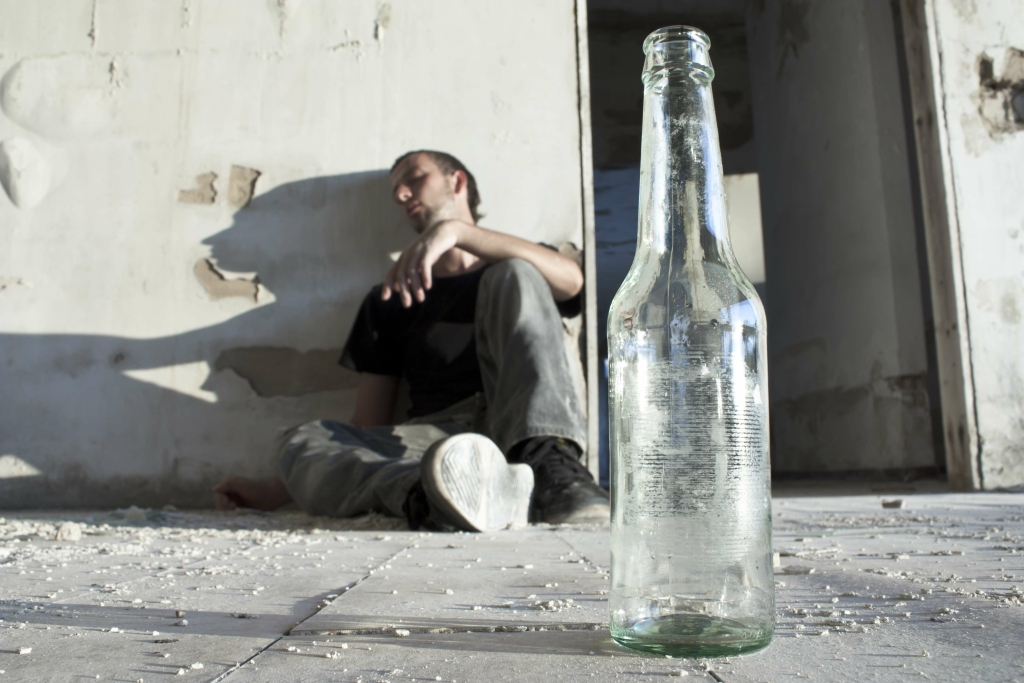Content
- Aftercare at Inpatient Rehab Centers.
- Family Therapy
- Consulting and Training
- What Are Faith-Based Drug and Alcohol Rehab Centers Like?
- Empathy, expertise and a treatment plan built to meet your specific needs
- What Our Clients Say About Us
- Pennsylvania’s Leading Drug & Alcohol Addiction Rehab Centers
Everyone wants and deserves privacy which is why we offer this private room feature. Our approach is different; we aren’t trying to strip you of all the comforts of home but rather, believe that having these luxuries, such as a private room and all that it has to offer, truly aids in the recovery process. We understand that you have to take care of life while you are here and our policies are conducive to that. The Detox Program generally lasts 5-10 days with our average length of stay being 7 days. We strive to make our admissions process as comfortable and quick as possible.

We strive to hire staff with diverse backgrounds and specialties, so that we can assign a patient to the therapist best able to cope with their needs. We recognized that national relapse rates were abysmal and treatment protocols have remained stagnant for many years. It’s never advisable that you Top 5 Questions to Ask Yourself When Choosing Sober House try to take this step unless you are under the care of a trained medical professional. We work intently with our outpatient clients to formulate a plan that will help you to maintain your sobriety day in and day out. During this time, we will also encourage you to regularly attend 12-step meetings.
Aftercare at Inpatient Rehab Centers.
Inpatient programs offer the highest level of treatment care, with medically supervised detoxification and around-the-clock care and support. Sometimes, you may be given substitute medications to ease the effects of alcohol withdrawal symptoms. During detox, you are typically not required to participate in any treatment. Instead, you should rest until your withdrawal symptoms subside.
- Abstinence from substance abuse is sustained through this innovative and interactive program.
- Typically, inpatient rehab is more expensive than outpatient rehab, so take this into consideration when thinking about treatment options.
- They may have been helped to reduce the harm being created by their addiction or they received support to straighten out their lives.
- The food was good compared to other facilities I have been to.
- Examples of therapeutic activities may include going to a local AA meeting, relaxing with a massage, or working out in the gym.
Each patient has the option to be assigned a personal trainer and nutritionist throughout their treatment stay. An important component of the Life Skills Program is learning to begin the day by writing out a detailed plan of what the day will look like including meals, exercise, therapy, family contact, and increasing sober support. For many individuals in early recovery, understanding how to not give into one’s own impulses is a significant issue that needs to be addressed. Creating the daily schedule greatly decreases decisions made with poor impulses. This becomes an important component of creating healthy habits via visualization and execution.
Family Therapy
It is important to ask the right questions to find the treatment program that is right for you. At this point, you will talk to a counselor or other professionals at the inpatient alcohol rehab facility to achieve a baseline. Before you begin to check out alcohol rehab centers, you’ll want to look for red flags of liquor addiction. According to the Centers for Disease Control and Prevention (CDC), an average of 88,000 deaths each year are attributed to alcohol abuse disorder. The CDC study attributed 1 in 10 deaths among working-age adults to excessive drinking.